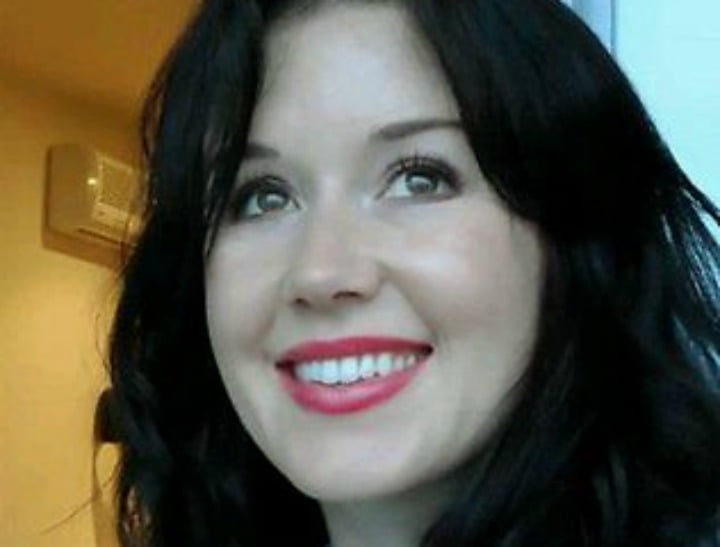The question of bail is a question of human rights.
Every person has the right to the presumption of innocence – or is “innocent until proven guilty” – as stated in The Universal Declaration of Human Rights. It’s about freedom and justice. The entitlement to a fair trial.
But people are dying and we have to ask why.
When people like 40-year-old mother Teresa Bradford is stabbed to death in her own home while her four children (the youngest is eight) are in the next room, we must wonder how, why, the man who killed her – her husband, 52-year-old David Bradford – was free to do so.
Mr Bradford had been in court less than three weeks prior to Tuesday – the day he murdered his estranged wife. He’d been in custody since November for assaulting and choking Ms Bradford. He had knocked her unconscious, gaffa taped her mouth shut, and attempted to strangle her.
Despite police opposing bail, he was released after 44 days in detention.
The conditions of Mr Bradford's bail were standard. He had four court orders prohibiting him from seeing his estranged wife. But he was also hell-bent on killing her. He wanted revenge. He was angry. He was overwhelmed by the prospect of a court case and the possibility of more time behind bars. He wasn't going to admit any of this. He might not have even planned it. Until he was released, and found he was free to break into Ms Bradford's Gold Coast home, wait in the kitchen, and stab her death. He then killed himself.
One of the most common reasons women don't come forward and report domestic violence to police is fear of their partner seeking revenge, fear of things getting worse. "Teresa was on edge," a neighbour told SkyNews. "She was worried something would happen and it has."



Top Comments
The rules might be there ,but they can not enforce them quick enough .Seeing this 1st hand...you can not reason with a person,who has a mindset of they wont catch me, they can't " prove it" and I am doing what I want. For a lot of women that have been beaten,they are in an invisable cage.It takes to long to get a restraining order...and they don't mean Anything .If you have kids...how are you going to get away,people that do this...stop their life to hunt them down.TIME to change the rules
It has occurred to me before that with the current laws that basically it is just 'good luck' that any of us don't end up a domestic violence/rape/murder statistic. Any one of us could have a brief relationship with a man or woman who turns out to be a stalker, or indeed we may not even have a relationship with one of these people, it may just be some brief interaction somewhere and then this person can easily find out where you live considering privacy laws are lax and then hunt you down and kill you.
I think both domestic violence/rape murder laws, bail, parole etc need to be looked at but also privacy rights too need to be strengthened, not so much of course that we end having no media freedom, but we do need to look at the fact that any information can be published on the web about a person without their permission, such as their address, without them having any control over this.
You shouldn't have to hide from ex violent partners or stalkers, but at least years ago, before the internet, you had some chance of hiding from them, but nowadays people are easily tracked down as so much is on the internet without a person's permission.
I would be very interested in reading an article about how many people's murders have been as a result of them being tracked down via information on the internet that they did not authorise.